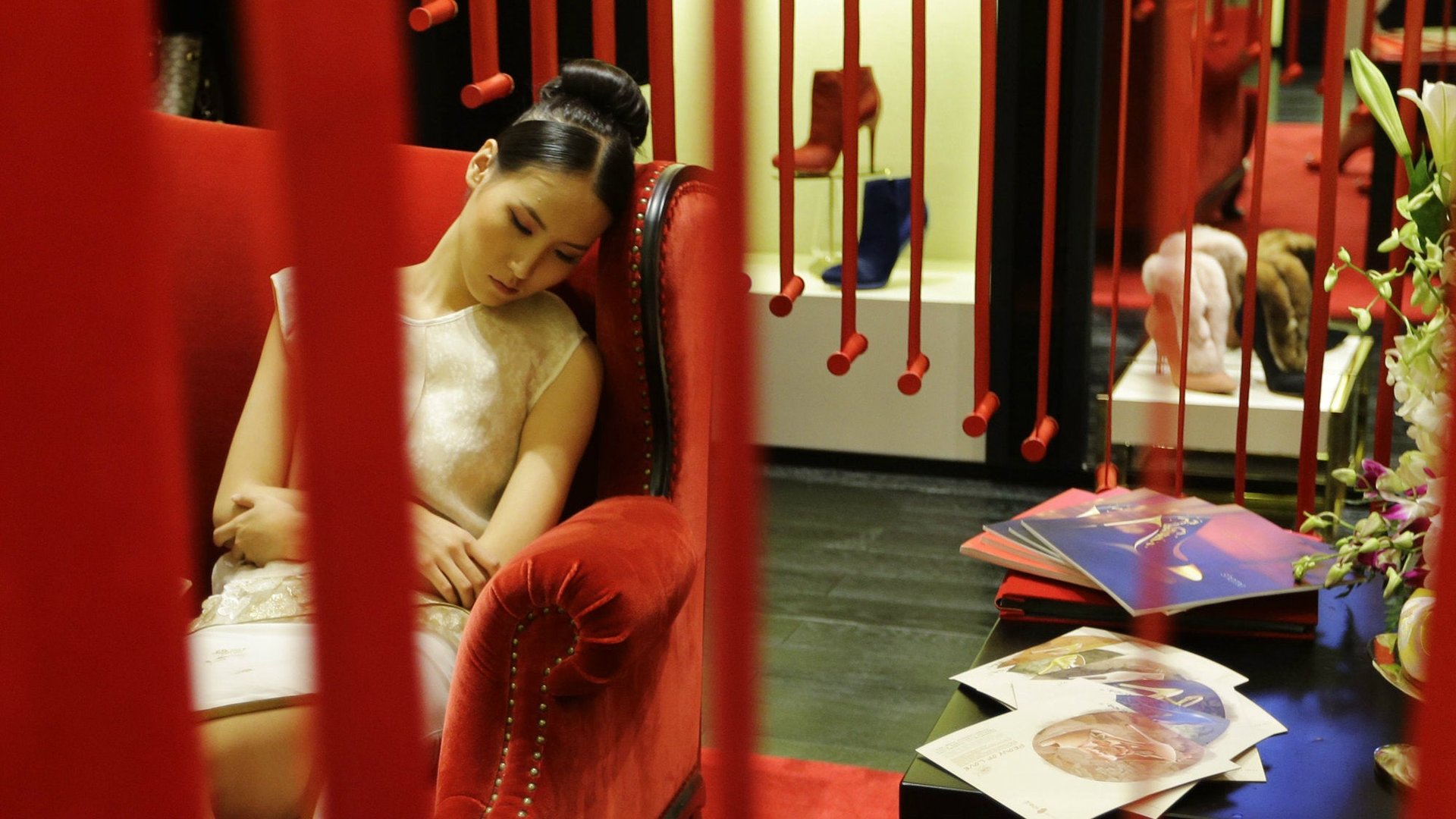The most important New Year’s resolution involves buying a new mattress
I’ve never really put much stock into getting much sleep or even cared about how the quality of the little amount that I actually do get. I’ve been smug about my ability to get by in life on around four hours of sleep a night and every time I read about the “sleepless elite” (paywall), which are some of the world’s most successful people doing and achieving a lot on barely clocking any hours in bed, I’ve felt vindicated.


I’ve never really put much stock into getting much sleep or even cared about how the quality of the little amount that I actually do get. I’ve been smug about my ability to get by in life on around four hours of sleep a night and every time I read about the “sleepless elite” (paywall), which are some of the world’s most successful people doing and achieving a lot on barely clocking any hours in bed, I’ve felt vindicated.
Every year around January, the world pivots towards how we can all achieve our usual New Year’s resolutions of wanting to lose weight, get more fit, or stopping smoking. While all those pledges contribute to a healthier lifestyle, there is often one area that gets forgotten—sleep.
It’s not unusual for this to be left off the list for the usual quest of a healthier lifestyle, after all, the effects of weight gain/loss, quitting smoking, and being fitter can be tracked by the eye both personally and outwardly. Also, the old adage that “there is never enough hours in the day,” only makes it easier to curb the time you sleep, to make more time for work and play. This was especially pertinent when I used to wake up at 2:30 am as a TV producer for a morning news show, and still had the ability to go to the gym after work and sustain a healthy social life.
A number of reports, including one from the Institute of Medicine (US) Committee on Sleep Medicine and Research, have shown that disordered sleep and wakefulness can hinder how you function daily, as well as affecting the amount of years you end up living (paywall). Furthermore, sleep deprivation does increase your risk of developing some of biggest killers in the Western world— diabetes, obesity, depression, and heart attacks. The Harvard Business Review also reported that even moderate fatigue can be just as detrimental to performance as alcohol impairment.
So, I’ve come to a compromise with my own body. If I am not going to always get the recommended seven to nine hours of sleep a night, which I will try my best to do, I can at least make sure the sleep I do get is of a better quality and feel more rested.
There are two issues I know I need to tackle if I am going to get better sleep quality.
First off—the pain. I don’t walk around all day in pain, despite doing heavy-contact sports and a history of wrestling and other back-wrecking activities, but over the years it is pretty clear ailments I have garnered are exacerbated by the awkward position my sleeping quarters give me.
For pretty much my whole life I have put off buying a new mattress because I’ve been told several times over how much the mattress industry is a scam—so buying a new one was always perpetuated as pointless. I’ve had hand me downs and particularly over the last year, I wake up in pain— pretty much every morning as misshapened springs dig into my side and back and wake me up several times a night. Getting up, I am always like an old woman, delicately getting out of bed to avoid throwing my back out like I did 10 years ago. I suppose that made it easier to sleep just four hours a night.
Sleeping on a hard floor has never helped either. The only time I have woken up in sweet painless bliss has been on certain foam or new-wave mattresses—the last time being at my mother’s house over Christmas. I knew it was time to act.
So in my quest to hopefully get more qualitative sleep in 2018, the first—and probably the easiest—step was to buy a new mattress. Times have changed a lot in terms of what’s on offer. There are dozens of new companies that all look pretty similar in their offerings—from Casper that’s made up of different layers of memory foam, to Simba which is a combination of foam, latex and springs. However, the good thing is that most companies nowadays give a 100 night trial which means I can test it out and see if getting a new mattress makes a difference.
The second element in my quest for better sleep and—harder than the first—to switch off from technology at least an hour before I intend to fall asleep. Writing that down, it doesn’t seem like a big deal. But a number of studies over the years have increasingly shown how being on your smartphone or tablet just before you go to bed can affect the time it takes to drift off and produce poorer quality sleep.
All of this is a step in the right direction and hopefully this year I won’t be one of the 80% that ends up failing to keep up with their New Year’s resolutions.